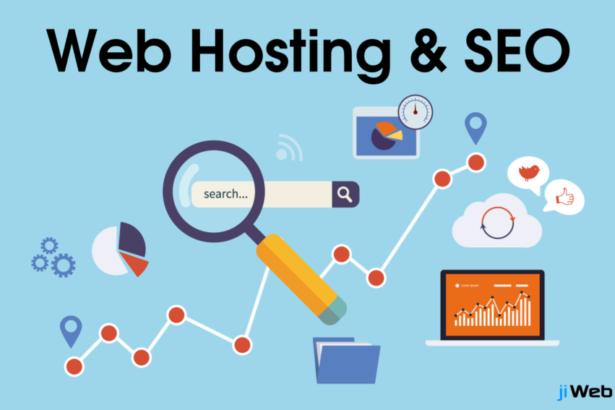Choosing the Right Hosting for Your Needs: A Comprehensive Guide
Factors to Consider:
- Understand Your Requirements: Before delving into hosting options, identify your website or application’s needs. Consider factors such as expected traffic, storage requirements, the complexity of the website, and future scalability.
- Types of Hosting:
- Shared Hosting: Opt for this if you’re starting small with a personal blog or a small business site. It’s cost-effective but may lack scalability.
- VPS Hosting: Suitable for growing websites that need more control and resources. It offers a balance between cost and performance.
- Dedicated Hosting: For high-traffic websites or resource-intensive applications requiring maximum performance and control.
- Cloud Hosting: Ideal for websites anticipating fluctuating traffic or requiring high scalability and redundancy.
- Performance and Reliability: Check for the hosting provider’s uptime guarantee. Aim for at least 99.9% uptime to ensure your website remains accessible. Additionally, consider server speed and location to cater to your target audience efficiently.
- Scalability and Resources: Assess if the hosting plan allows for easy scalability as your website grows. Ensure that the resources provided (CPU, RAM, storage) align with your current and future needs.
- Security Measures: Prioritize hosting services with robust security features, including SSL certificates, firewalls, regular backups, and DDoS protection. A secure hosting environment is critical to safeguard your data and visitors’ information.
- Support and Customer Service: Evaluate the hosting provider’s customer support. 24/7 availability, multiple support channels (live chat, phone, email), and knowledgeable staff are crucial for resolving issues promptly.
- Budget Consideration: Determine a budget that balances your needs and affordability. While cost is a factor, compromising on quality hosting might negatively impact your website’s performance and SEO.
- User Reviews and Reputation: Research and read reviews about the hosting providers you’re considering. Real user experiences can offer valuable insights into the quality of service and support.
- Additional Features: Consider additional features like one-click installations, website builders, email hosting, and content management systems (CMS) if they align with your requirements.
Conclusion:
Selecting the right hosting service involves a careful evaluation of various factors tailored to your specific needs. Whether it’s considering performance, scalability, security, or support, a well-informed decision ensures a robust online presence and supports your SEO efforts effectively.
By assessing these key considerations, individuals and businesses can navigate the multitude of hosting options available and choose the best-fit solution for their online ventures.
